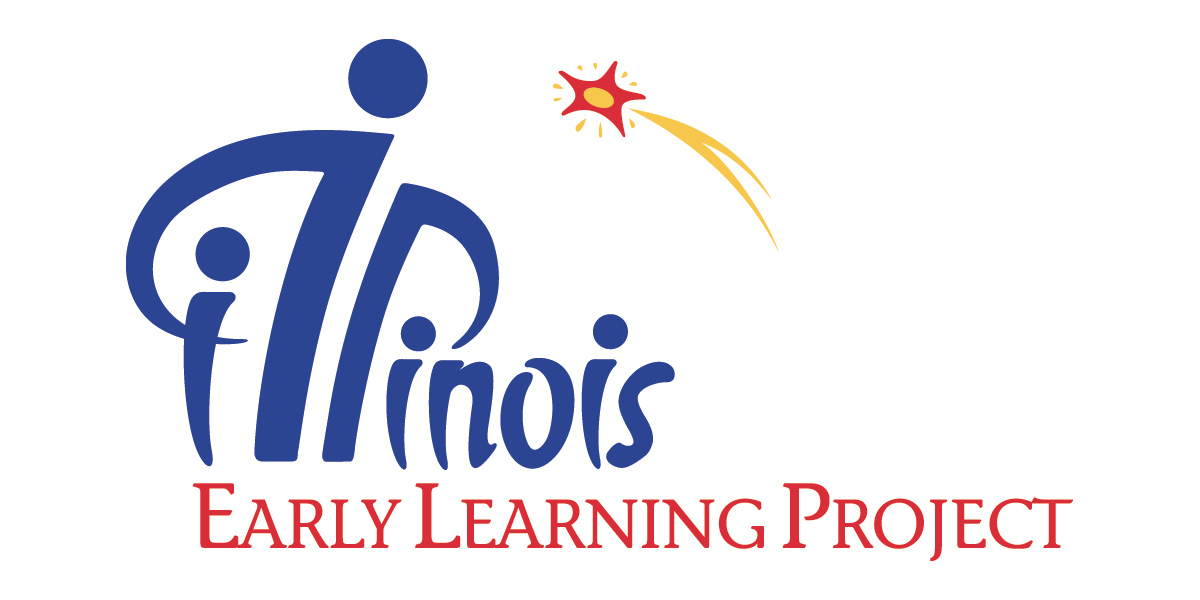Teachers can use the Project Approach to meet most of the Illinois Early Learning and Development Benchmarks. Projects are like good stories. They have three parts: a beginning, middle, and end. The first phase begins with choosing what to investigate, and usually lasts about two weeks. Here are some tips to help teachers make the final decision about what a project topic will be. (See also The Project Approach: Phase 1—Getting Started.)

Consider what makes a good project topic.
- Children can safely study the topic firsthand.
- The class has easy access to local resources about the topic. “Animals in the Park” is better suited to Illinois preschoolers than is “The Rain Forest.”
- Experts are available to talk with the class about the topic.
- The topic is sensitive to local culture but general enough to be culturally appropriate (“Holiday Meals of Our Families” rather than “Our Christmas Dinner”).
- The project will encourage children to develop an interest worthy of their time and energy.
- The topic is the right size. “The Insects in Our Garden” is a more suitable topic for preschoolers than “Monarch Butterflies” or “Insects of the World.”
Use children’s interests as a source of project topics.
- The number of interests among a group of preschoolers can be very large! Look for topics that have wide appeal among the children. It helps to keep a list of things that the children talk about with each other.
- Keep in mind that not all of children’s interests are equally worth following up. For example, a study of cartoon characters will not be a worthwhile project.
- You can help the children to develop new interests. You might share things that seem likely to appeal to them: “Look at this huge bug on the swing!” Or ask them to think about ordinary things in new ways: “What kinds of things go on in the supermarket?”
Make good use of school time.
- State or local curriculum standards can give you some good ideas for project topics.
- Focus on topics that the children may not be able to study outside of the school day, such as insects or the school bus.
- Choose topics at the beginning of the year that are familiar to most of the children in the group (“The Shoes We Wear” or “Our Bags and Backpacks”).
- As children become familiar with project work, they can study topics that reflect and support the diversity of their backgrounds and experiences (“The Breads We Eat”).


 Printer-friendly PDF
Printer-friendly PDF Printer-friendly PDF
Printer-friendly PDF